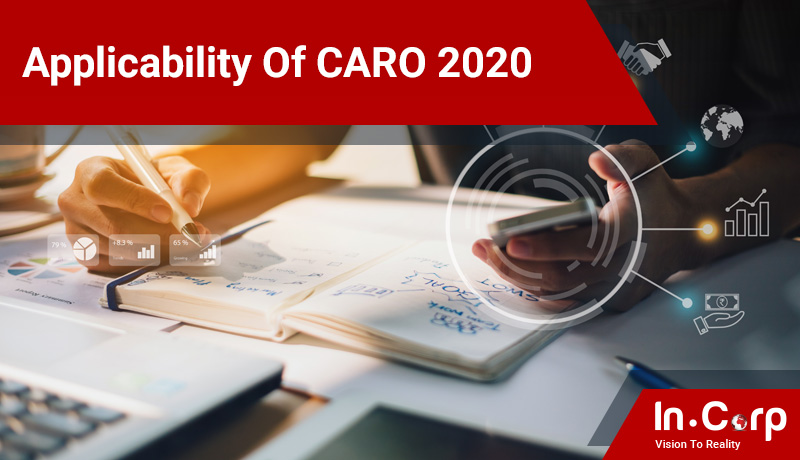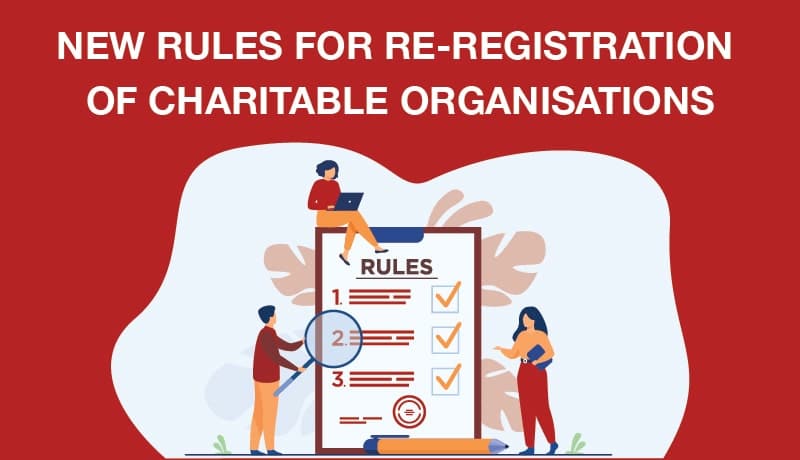BRSR Reporting is probably a new avatar to a legacy of other sustainability reports. Sustainability reporting was introduced to Indian businesses more than a decade ago. In 2011, the Ministry of Corporate Affairs (MCA) released the National Voluntary Guidelines (NVG) on Social, Environmental, and Economic Responsibilities of Business. The NVG aligned with the UN Millennium Development Goals (UNMDGs).Taking cue from the NVG, the Security and Exchange Board of India (SEBI) introduced the Business Responsibility Report (BRR) in 2012.
Table Of Contents
Business Responsibility And Sustainability Reporting – BRSR Reporting
Brief Timeline Of BRSR Reporting
Some Salient Points About BRSR Reporting Are
Conclusion
How Can InCorp Help You?
FAQs On BRSR Reporting
Business Responsibility and Sustainability Reporting – BRSR Reporting
The BRR is the first Environment, Social, and Governance (ESG) regulatory disclosure framework in India – it precedes the current Business Responsibility and Sustainability Reporting (BRSR) requirements. BRR was based on NVG and was mandatory for the top 100 listed companies (by market capital). Gradually, the coverage of BRR increased, and by 2019 it became mandatory for the top 1000 listed companies.
Eventually, BRR’s relevance faded, owing to rapid global developments. Additionally, an NSE report (2018) revealed that the BRR Reports lacked quality, rendering the reporting unreliable. Hence the need for a more robust and globally aligned reporting – enter the BRSR framework!
Realizing the issue, the MCA adopted the National Guidelines for Responsible Business Conduct (NGRBC) in 2020. Subsequently, SEBI replaced BRR with Business Responsibility and Sustainability Reporting (BRSR), formulated by an MCA committee on BRR.
Brief Timeline of BRSR Reporting
![]()
Some Salient points about BRSR Reporting are –
- NGRBC suggests two versions for BRSR reporting – “Comprehensive” and “Lite”. The ‘Comprehensive Version’ of reporting is for listed organizations, and the ‘Lite Version’ is for unlisted companies. For now, SEBI has mandated that India’s top 1000 listed companies (by market capital) submit the comprehensive version BRSR for FY 2022-23.
- A unique advantage of following BRSR requirements is that it adopts the United Nations Sustainable Development Goals (UN-SDGs) and is benchmarked with other global ESG reporting frameworks like Global Reporting Initiative (GRI), Task Force on Climate-Related Financial Disclosures (TCFD), etc.
- Reporting under BRSR guidelines comprises of three sections –
- Section 1: General Disclosures
- Section 2: Management and Process Disclosures
- Section 3: Principle-wise Disclosures
- Section 1 focuses on the basic set of information at the company level. Section 2 focuses on policy and governance level questions. Both these sections are mandatory to be reported.
- Section 3 comprises nine principles, each focused on a specialized area. Disclosures in section 3 have two categories – Essential Indicators and Leadership Indicators. The essential indicators are mandatory, while the leadership indicators are voluntary.
- Method of reporting under BRSR, compared to its predecessor BRR, is considerably heavy on data requirements. It comprises more than 120 reported data points across three sections and nine principles.
- Gathering the raw data (thousands of data points!) across the Finance, HR, CSR, Supply-chain and Operations teams (and various systems such as ERP, CRM, HRMS etc.), collating and indexing it, processing it and then structuring it across these nine principles is an extensive exercise, and requires specialized focus and alignment.
Related Read: Is BRSR yet another compliance?
Conclusion
While BRSR reporting is a compliance mandate for companies, the filing exercise may give companies deeper insights into their non-financial business risks and opportunities.
If you believe that BRSR is just another compliance, do check out this blog. We think it needs a more profound engagement within the organization to be able to build a BRSR Report.
How Can InCorp Help You?
Incorp can be the one-stop solution for all your BRSR requirements. Our professionals are trained to comply with the ESG Framework and work in the best interest of your company.


